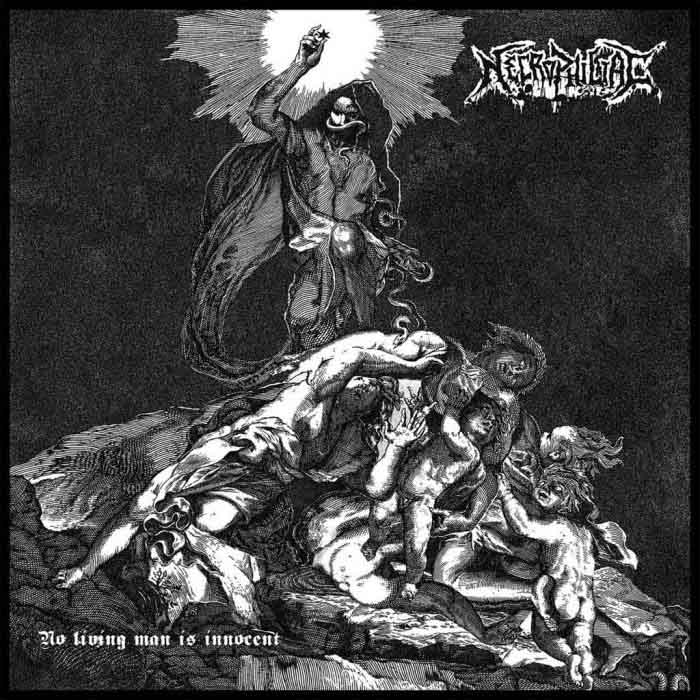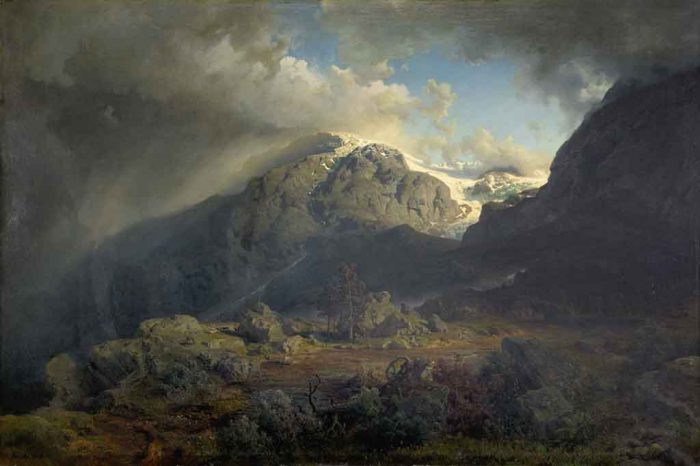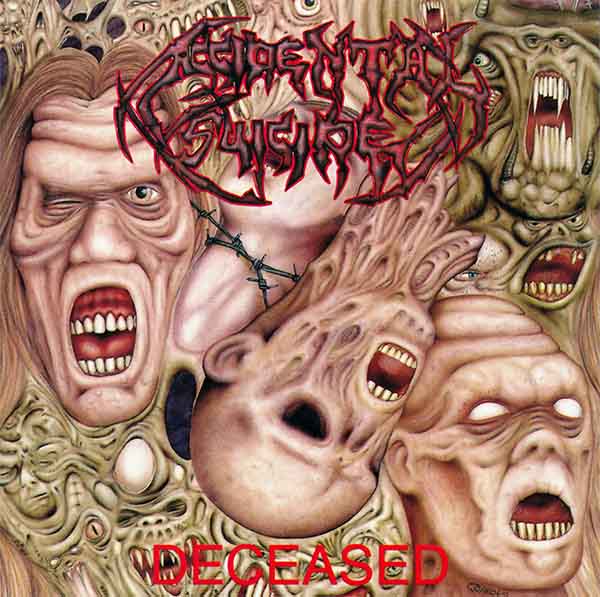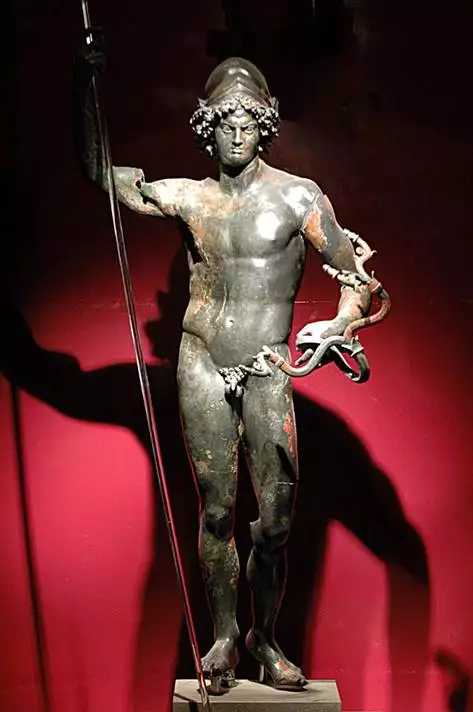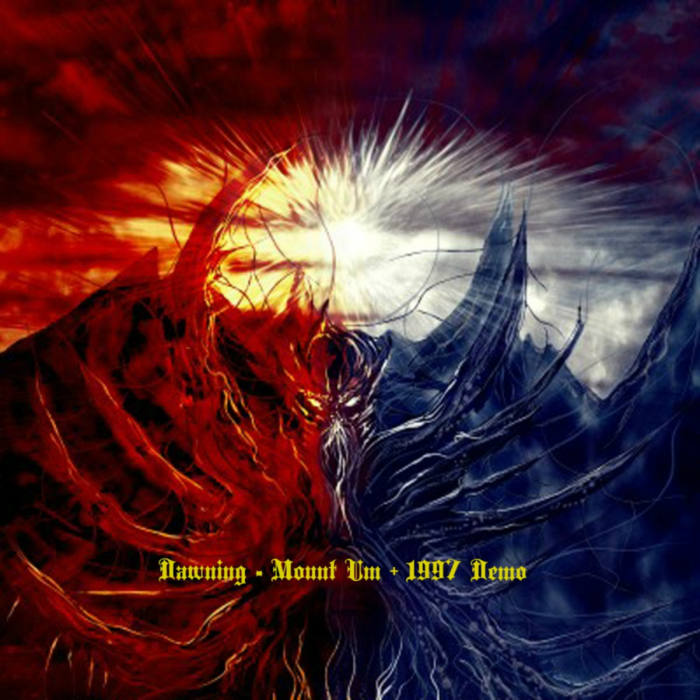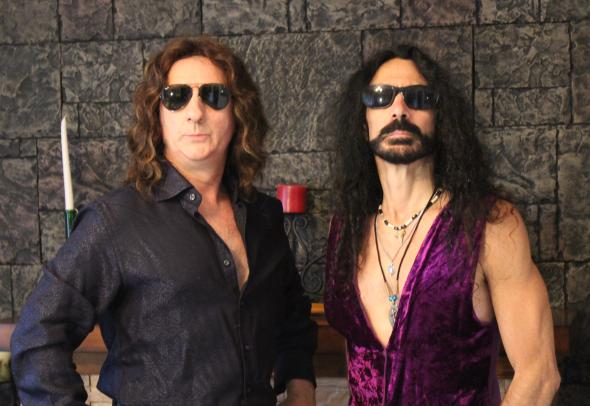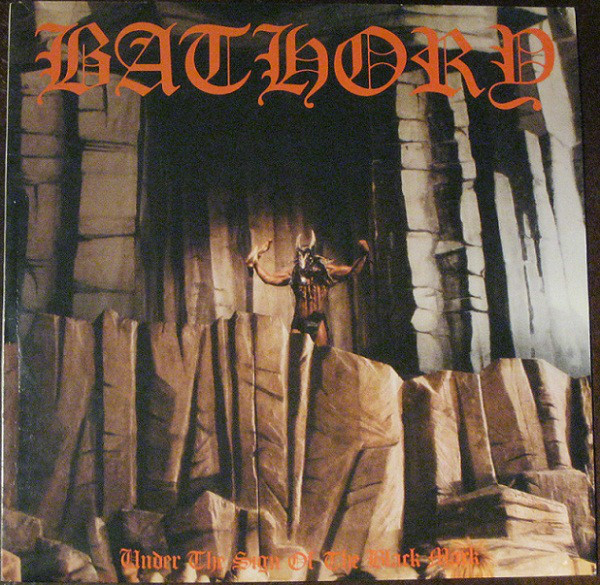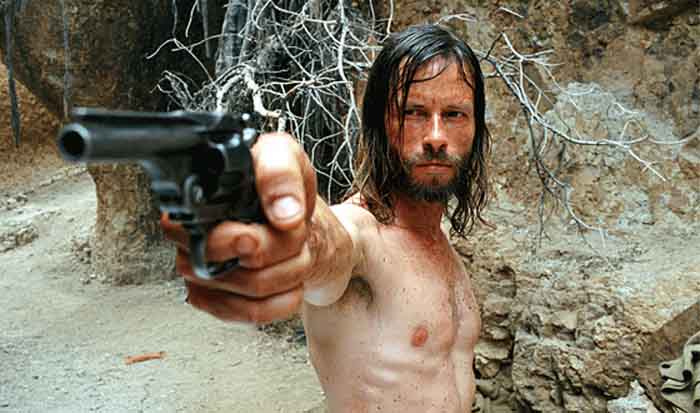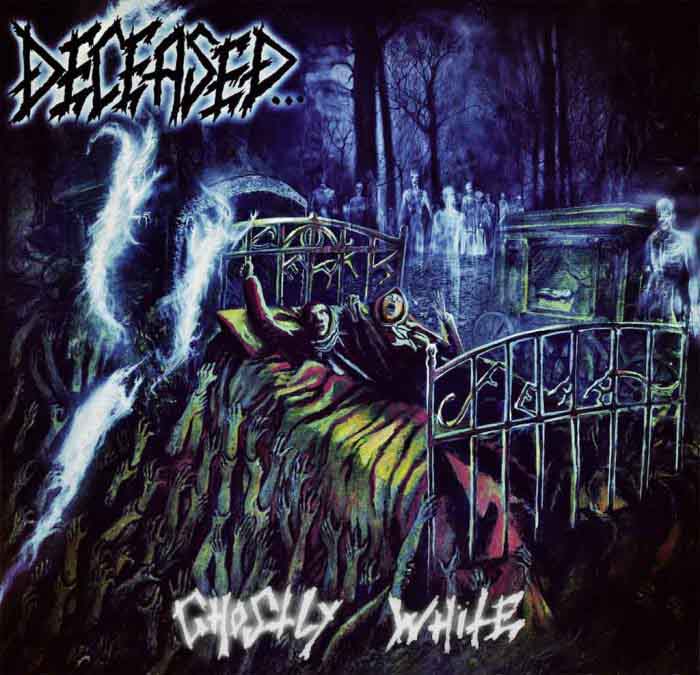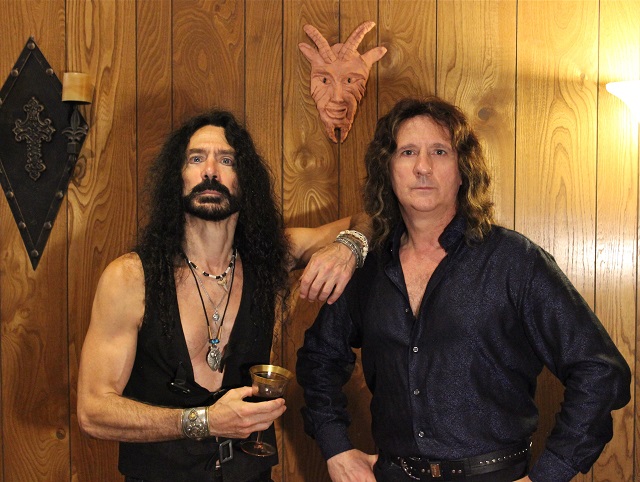
By the Gods my friends!
Forged in the desolate halls of 1981, hailing from the majestic kingdom of Long Island, New York… Virgin Steele have been one of the most enduring acts of Powerful Epic Heavy Metal for aeons! The aural magnificence of ultra-charismatic vocalist / composer / keyboardist / all around renaissance mad-man David “Dionysus” DeFeis and trusty six-stringed axe warrior of indomitable fury and vengeance Edward Pursino’s combined creative efforts have been overlooked by scholars of Metal for too long!
(more…)
21 CommentsTags: aeschylus, ballads, barbaric romanticism, blues, by the gods, classical music, cock rock, composition, Concept Album, cover songs, david defeis, dionysus, edward pursino, epic, exorcist, frank gilchriest, hard rock, hatred, Heavy Metal, insanity, jack starr, josh block, lilith, long island, love, madness, Mythology, new york, Occultism, Opera, original sin, over the top, Paganism, passion, piano, piledriver, power metal, rock opera, Romanticism, sexuality, Speed Metal, the hammer of zeus, the wrecking ball of thor, tragedy, Transcendence, USA, USPM, Vengeance, victory, virgin steele, wine
